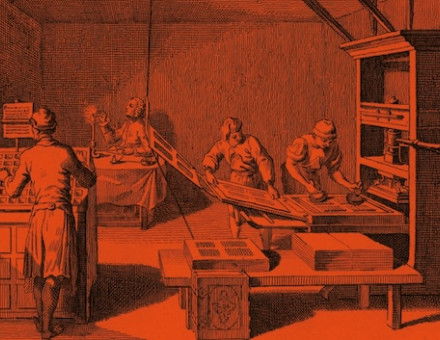Cromer: The Proconsul
John Raymond assesses the life and career of one modern history's “unswerving inflexibles”.
Political archetypes are rare indeed. Human nature being the mysterious thing it is, and events falling out as they do, history presents us with very few pure political “Characters”—using the word in its original and Theophrastean sense of a type of political human being whose behaviour is capable of being morally described and predicted.
Who would rashly undertake to explain or delineate the psychological intricacies of a Talleyrand, a Gladstone, a Lloyd George, a Franklin Roosevelt—or, indeed, almost any major public figure of the nineteenth and twentieth centuries? As against that, the unswerving inflexibles—that is, outside the courts of sanctity—are very few.
Lenin, Clemenceau and Lord Salisbury—the respective archetypes of the Revolutionary, the Patriot and the Conservative—are three examples that come easiest to mind. Now that the British connection with Egypt has been finally dissolved, our interest in Evelyn Baring, first Earl of Cromer, centres round the fact that he is pre-eminently the archetype of the British Proconsul.





